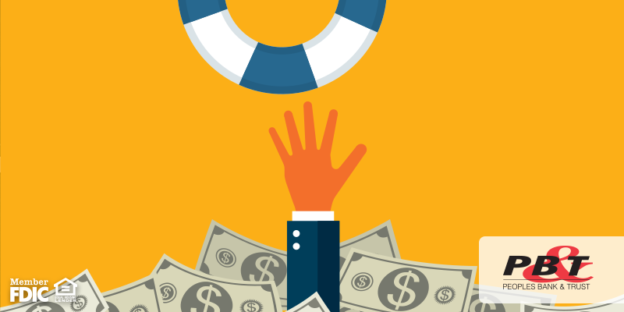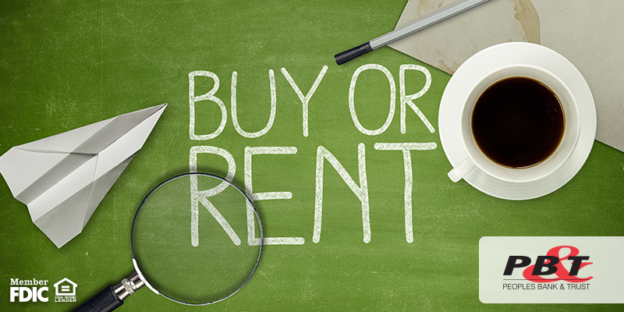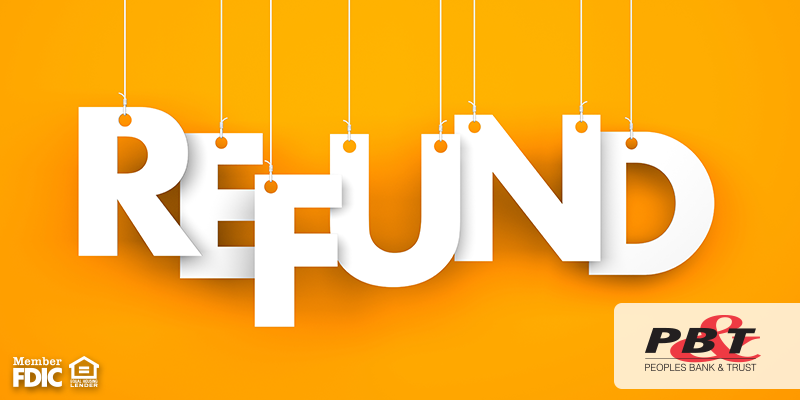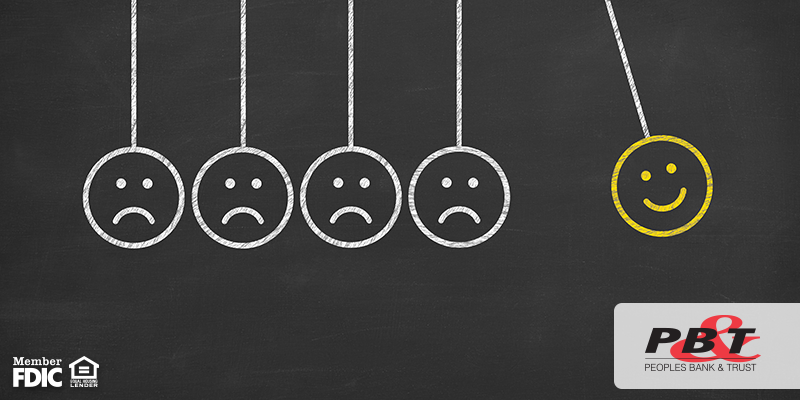It’s been said that youth is wasted on the young, but let’s not let that be true of those of you who are fresh into the adult world. We get it, many adults feel underprepared and overwhelmed at the amount of responsibilities that snowball after college or high school. Don’t fret! The fact that you are even taking the time to read this says that you are going to be okay. We have compiled a list of basic adult financial musts that will help you navigate this new terrain.
Build a Basic Budget
Many who have been in the adult world for years still do not have this down. Training yourself to say no to the short lived pleasures will translate to accomplishing your goals faster in the financial world and in other aspects of your life. You may finally be out of school and making a consistent income. This is exciting and scary as you see that the longer you are in adult world, the more expenses you have. This is why keeping a budget is crucial.
There are many different ways to budget, but one of the simplified ways is to break down your take home (net) pay and divide it by percentages. Dedicate 50 percent towards your living expenses such as rent, insurance and food. Allocate 20 percent towards savings and 30 percent towards good ole’ guilt free fun. This will help to ensure you are covering all of your bases no matter what your salary increases to.
Protect Yourself
While there are many new expenses being thrown at you, one crucial payment you can’t forget to make is that of insurance. Making sure you have quality auto, home and life insurance will help to provide cushion from a setback that could put you in the whole for years to come.
Automate it!
We already mentioned allotting room for savings in your budget and the easiest way to do this is to take the decision making out of the equation. Make savings automatically come out of your paycheck, and not only will you start building up an emergency savings, which is a crucial first step, but you will quickly accumulate savings for fun things like vacations or a down payment on a house. You’ll be surprised how fast it adds up!
Educate Yourself
Just because you’re out of the schoolhouse doesn’t mean you should stop learning about the less exciting topics like finance. Take time to read influential financial books, talk to a trusted banking partner, or to a friend or family member whose financial habits you admire. Do you really have a grasp on what credit means and how to best use it? Simply ask and seek for answers, and no, we don’t mean just Googling your questions. The financial world doesn’t have to be intimidating, just start digging in!
Peoples Bank & Trust Co.
Member FDIC
Equal Housing Lender











